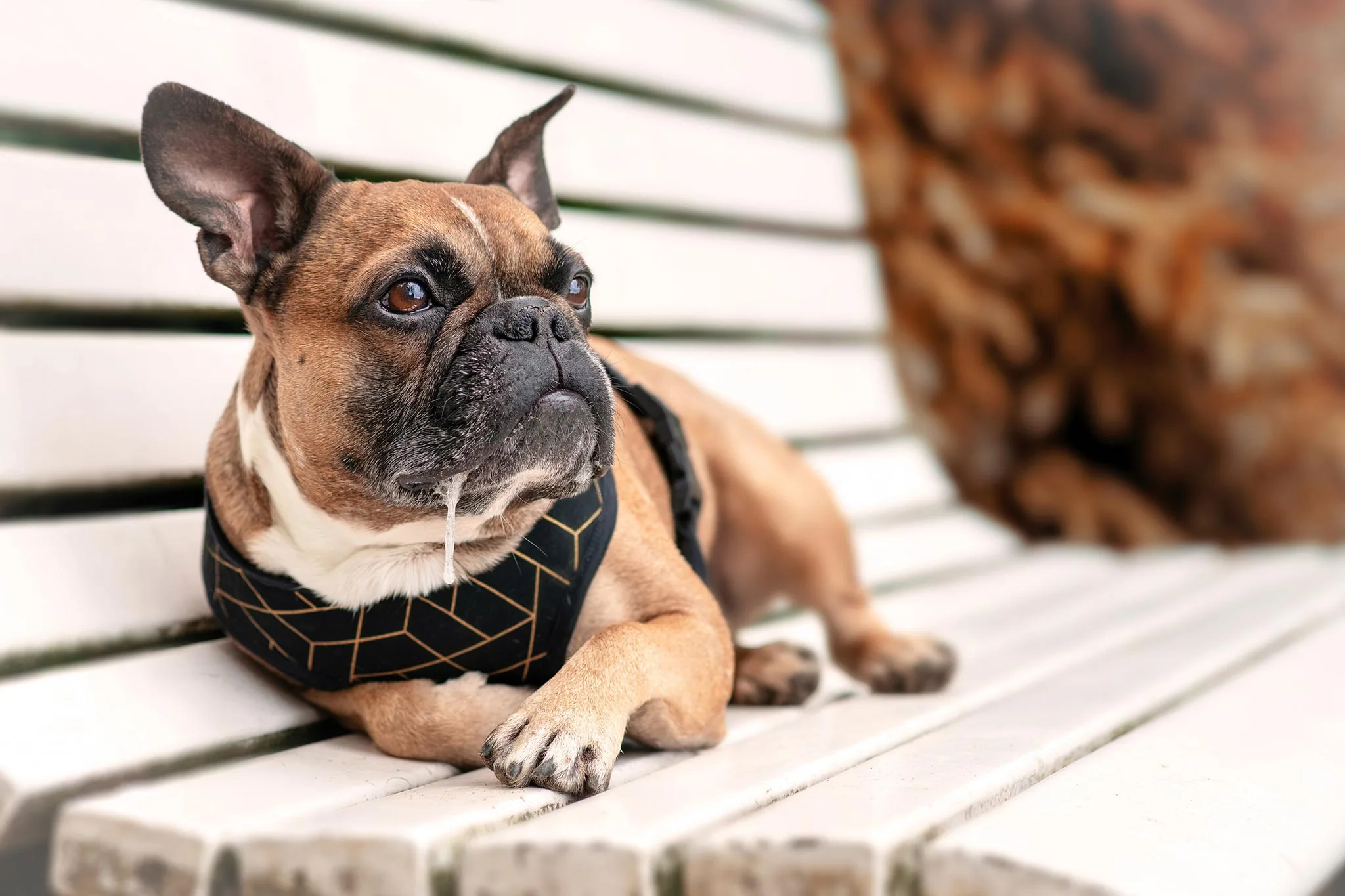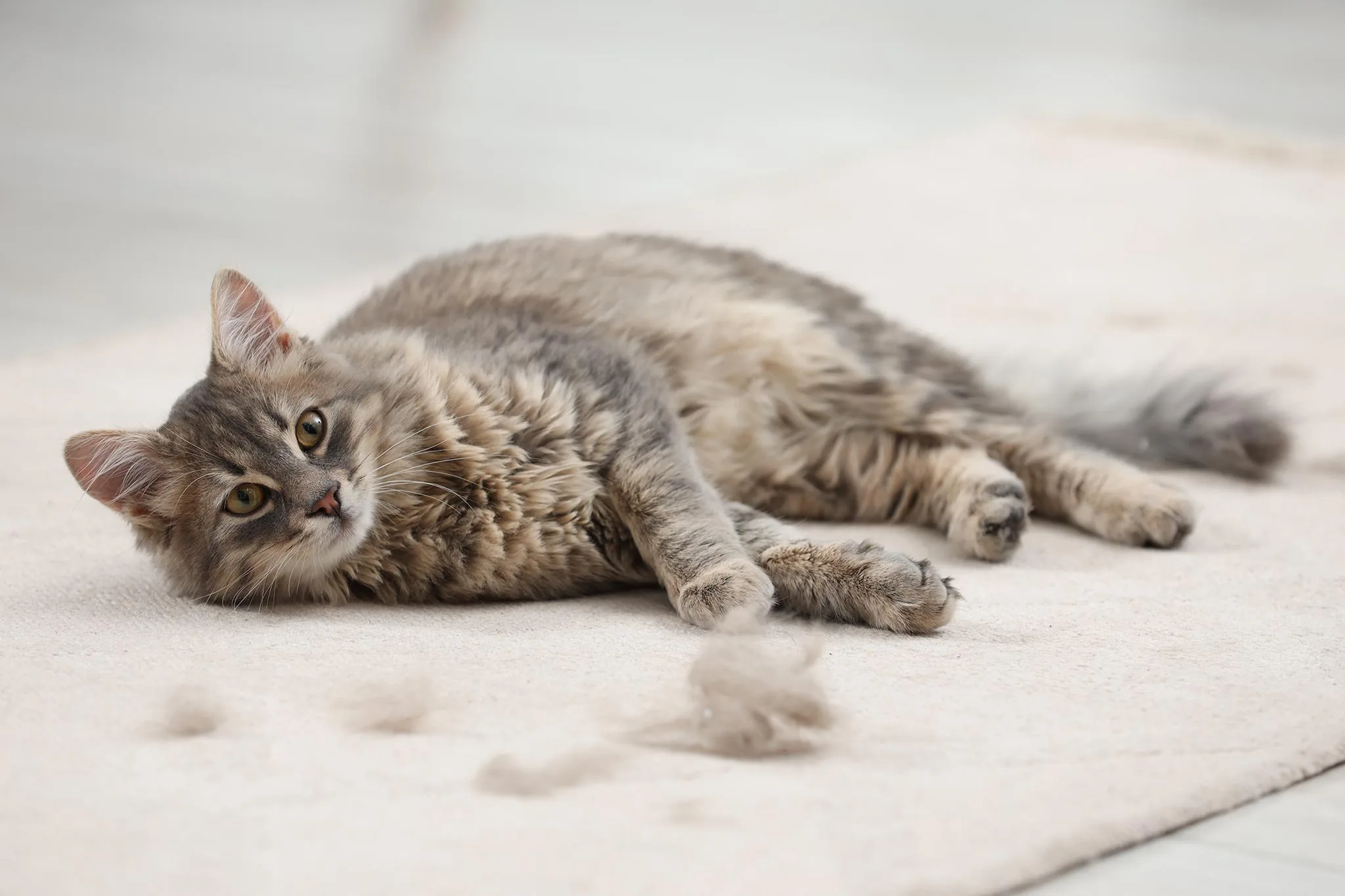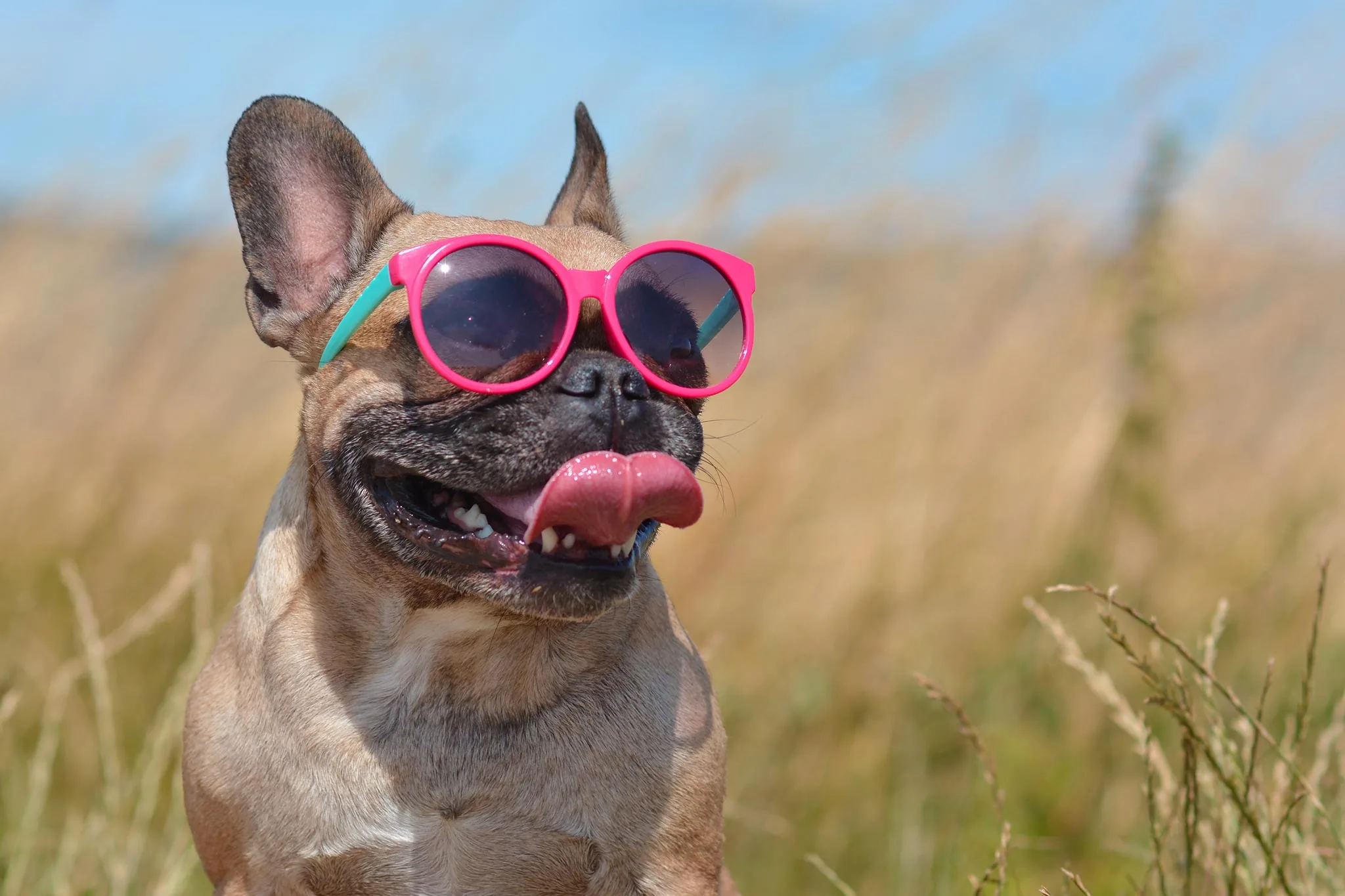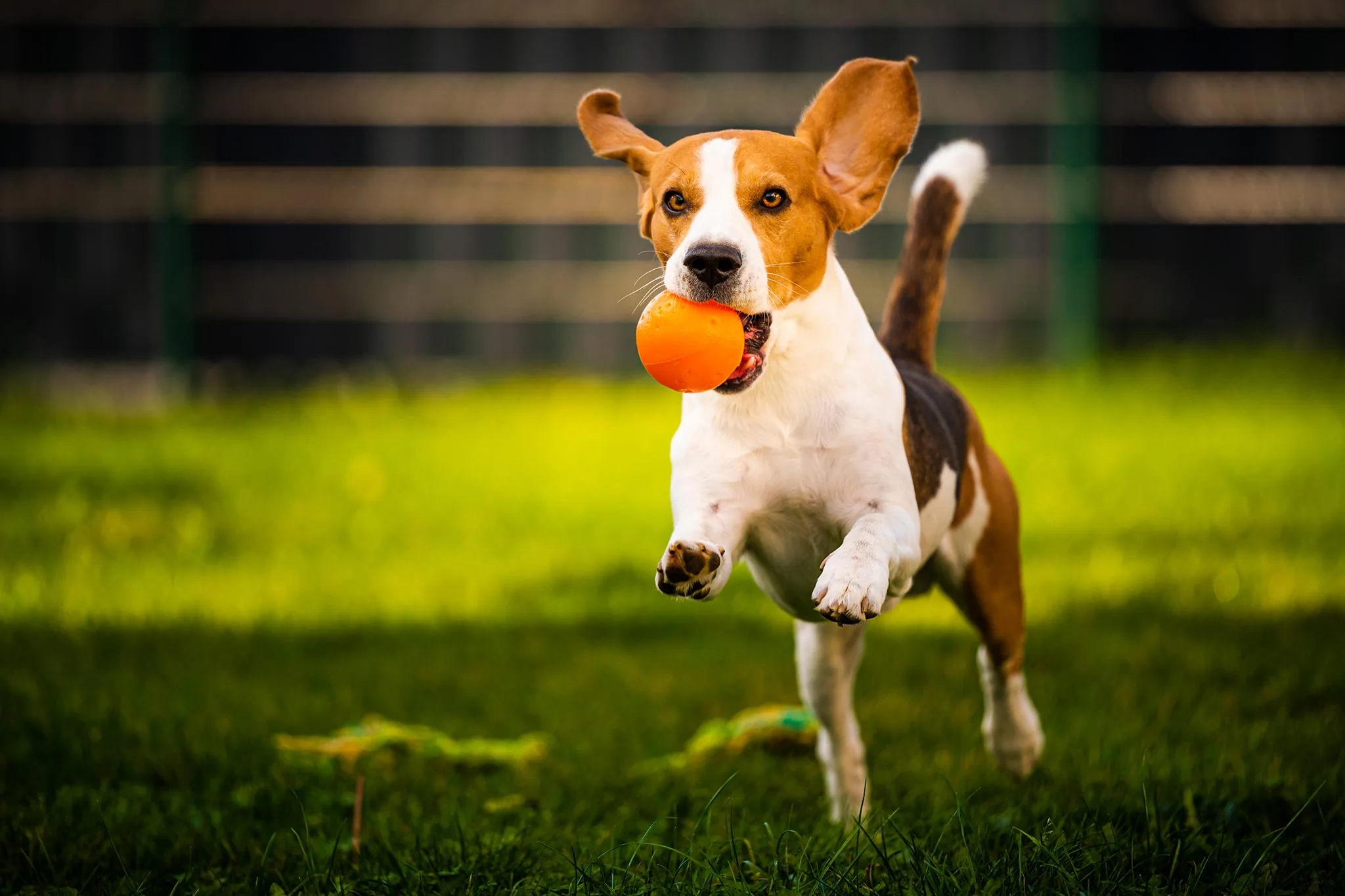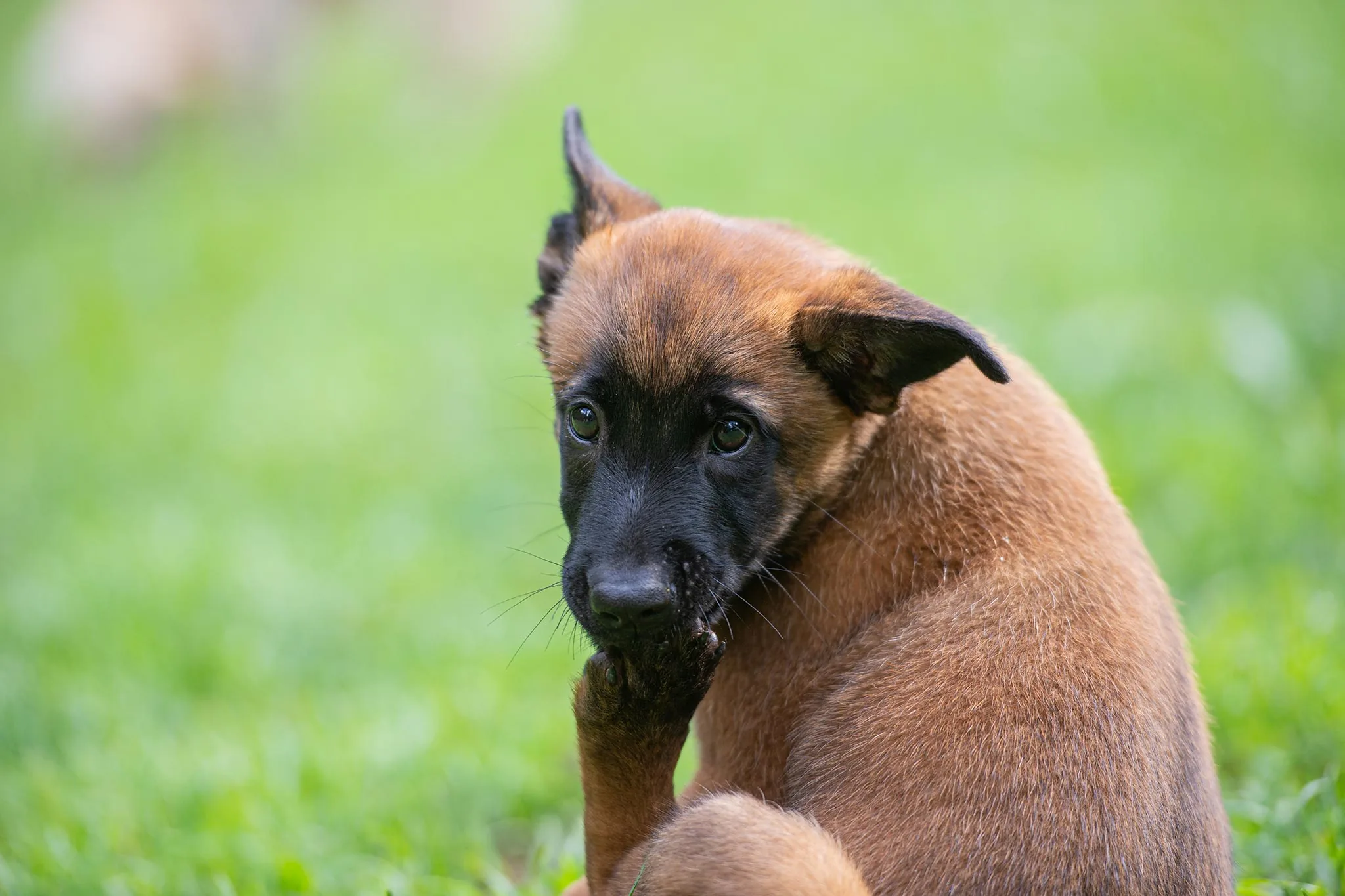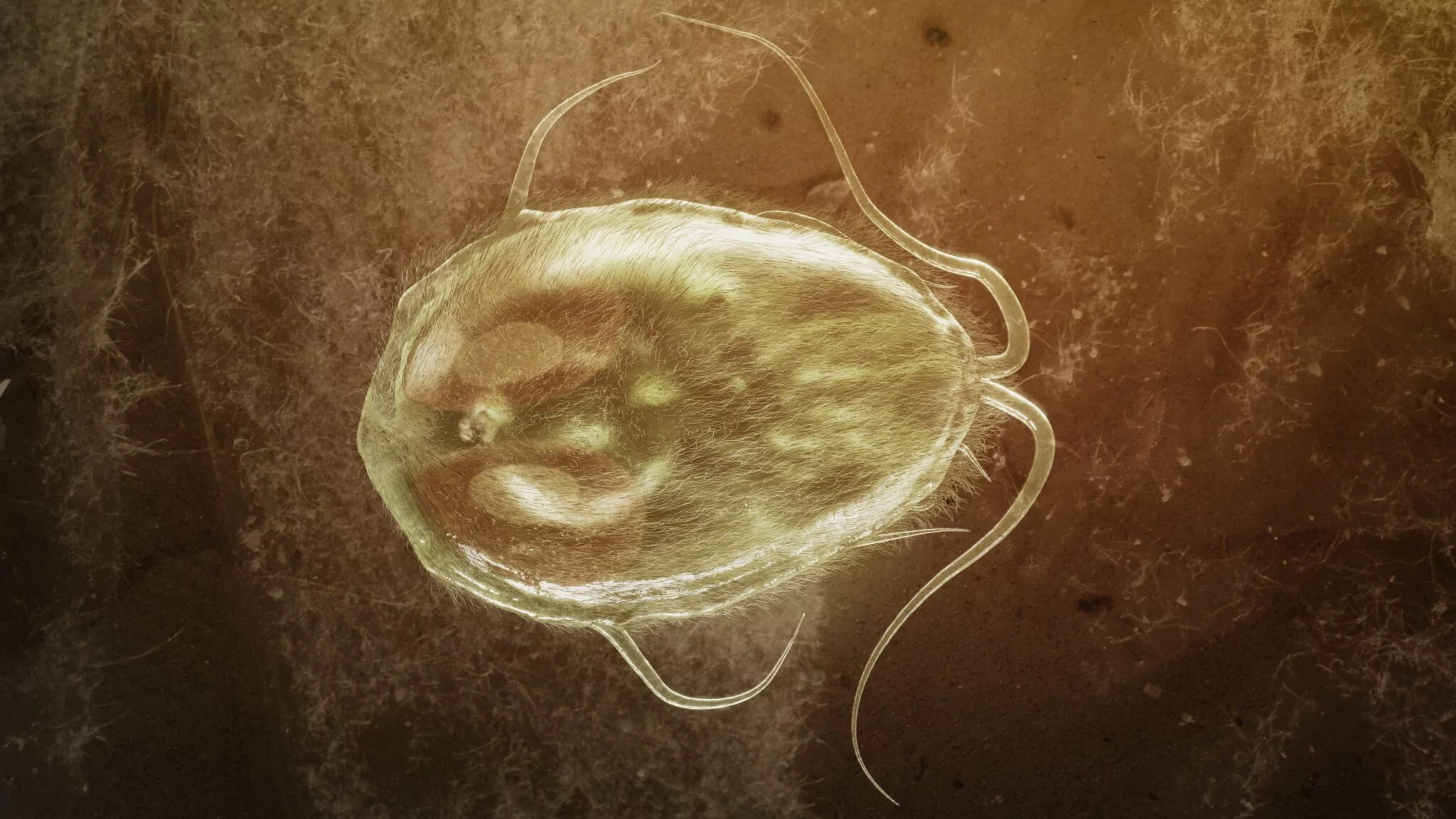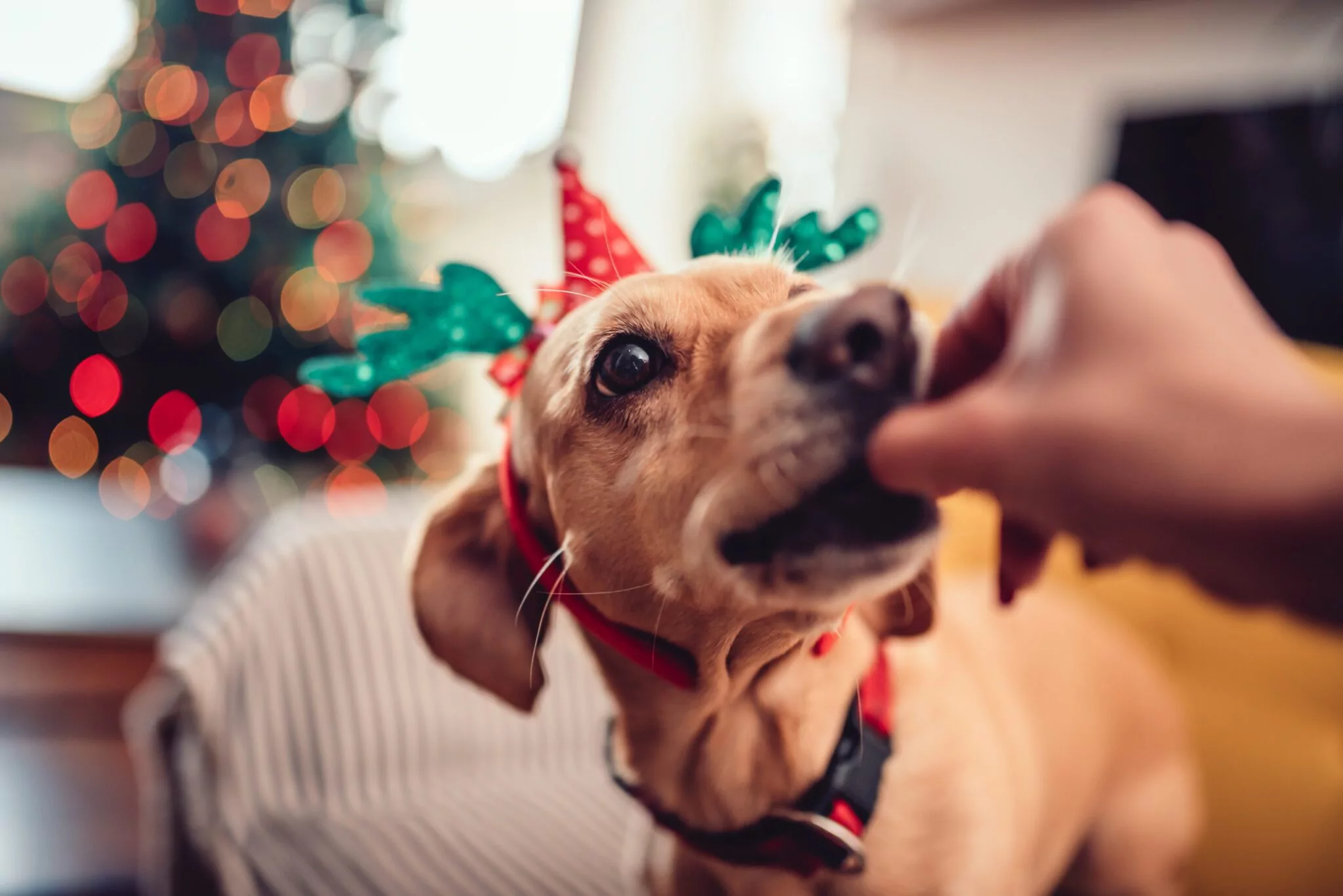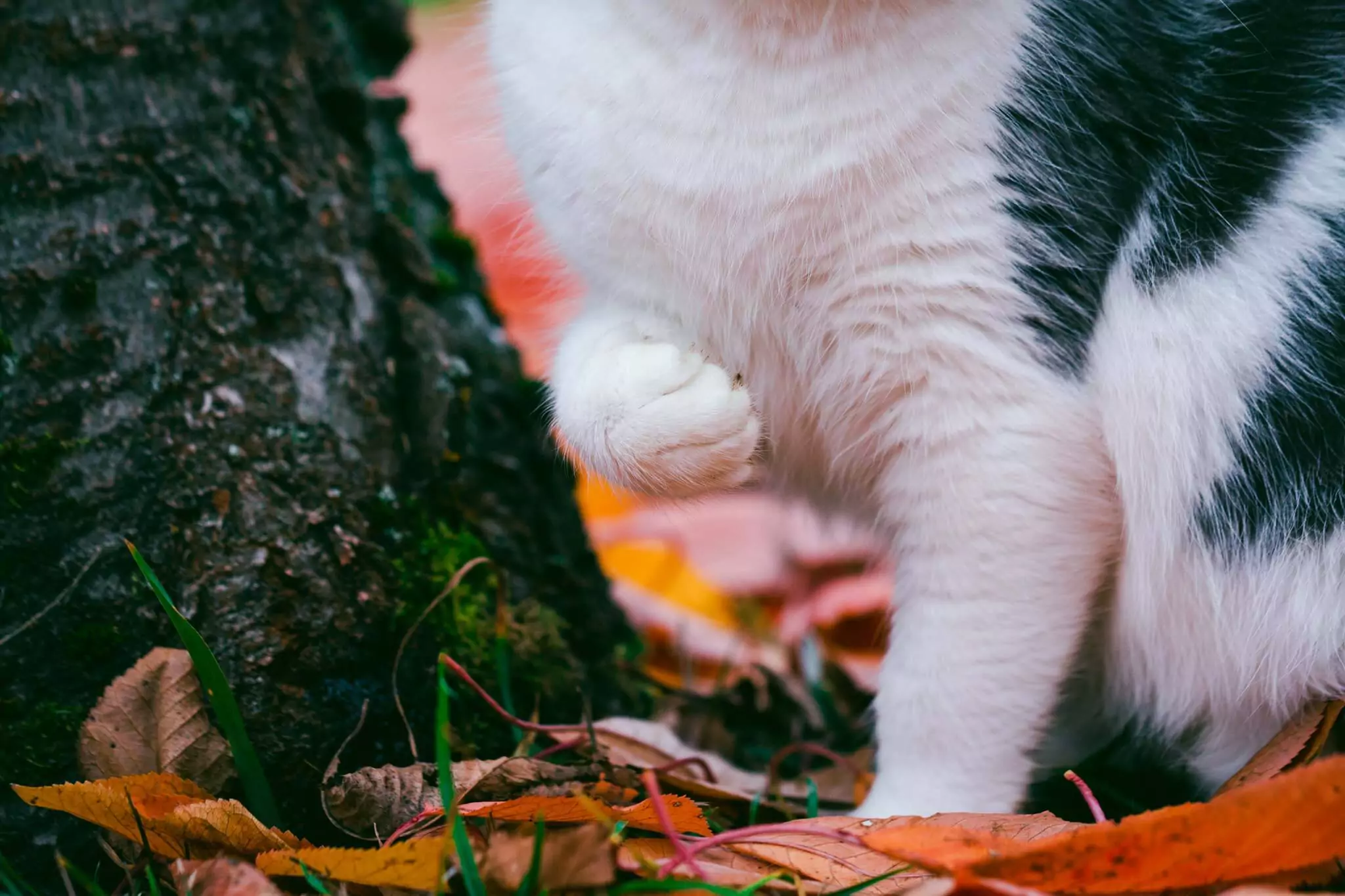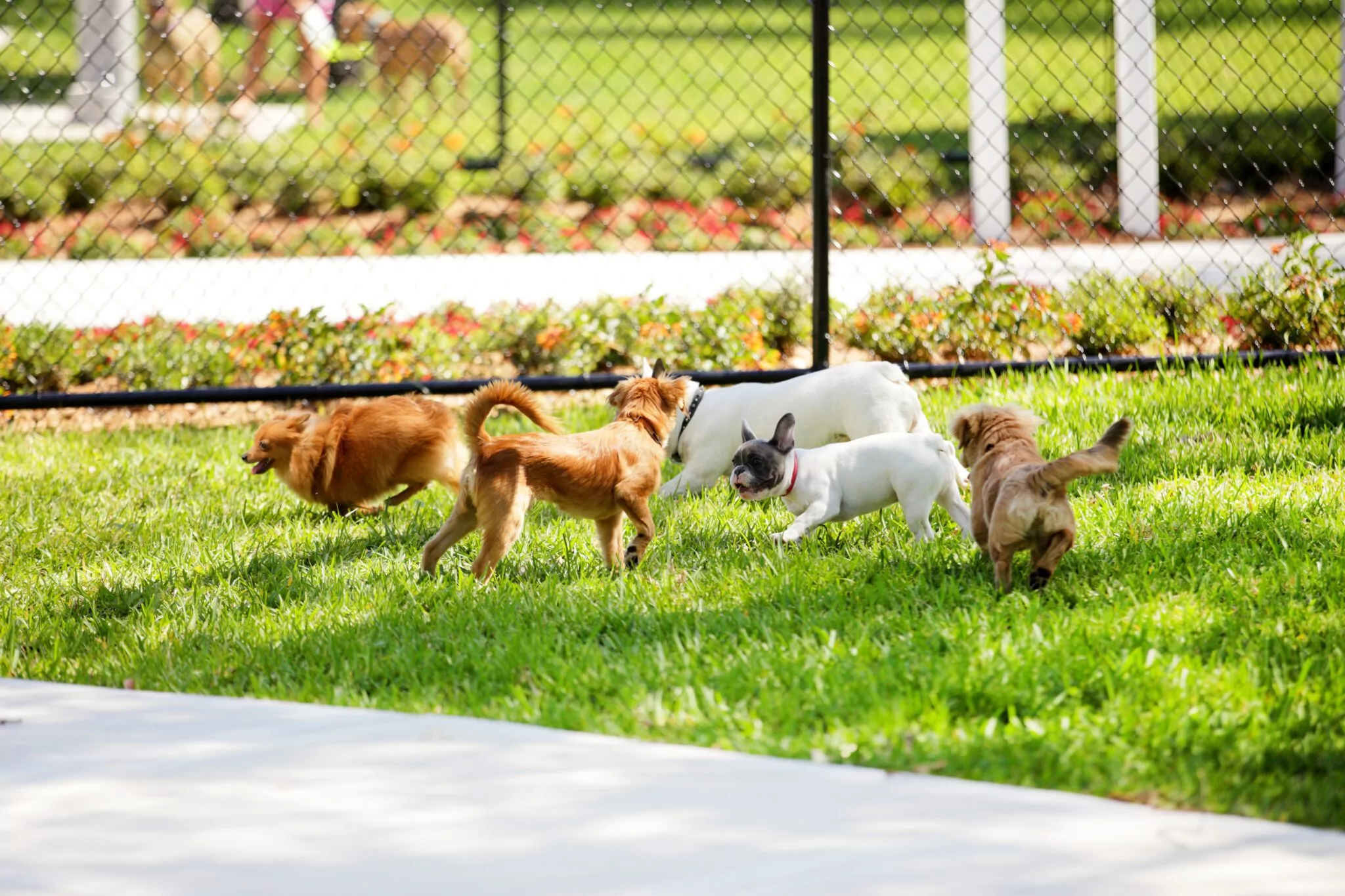
4 Ways to Treat Your Dog’s Bad Breath in Boston, MA
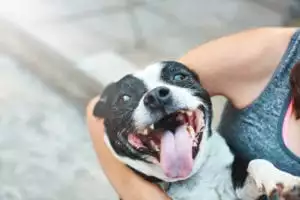
Your dog could have bad breath for a number of reasons. The most common is dental disease. Plaque and tartar build-up on your pet’s teeth each time they eat and over time, the bacteria in tartar begins to damage your dog’s gums and teeth—and cause malodorous breath, too.
Nearly two-thirds of dogs have some form of periodontal disease by the time they are 3 years old, so this is a very likely cause for your pooch’s pungent breath.
Another common reason your dog has bad breath is as simple as their diet. Dogs are curious creatures, and they tend to explore their world through their mouths (especially as puppies). Unsupervised snacking, like getting into the garbage bin, eating decomposing animal material, or gulping down fecal matter can all contribute to a particularly fetid odor.
A third reason your dog has bad breath actually encompasses a few reasons, but the overarching theme is that your dog might have an internal medical problem. Diabetes, kidney disease, and liver disease can all contribute to stinky breath. If your dog’s bad breath has a fruity hint to it, it might be diabetes; if it smells like urine, it could be kidney disease; and if it’s especially foul, it’s possibly liver disease.
So how do you treat your dog’s bad breath so you can enjoy those sweet doggy kisses again?
1. Keep Their Teeth Clean
Brushing your pet’s teeth is the single best way to reduce plaque and tartar build-up and keep their breath fresh, too. With the right training (and a lot of patience), just about any dog can be taught to accept teeth brushing. Yet, it’s not all you’ll need to do to keep your dog’s mouth healthy.
Regular trips to the vet for an evaluation of your dog’s oral health are incredibly important. Even daily brushing cannot prevent all plaque and tartar buildup, which means your pup will need a routine professional teeth cleaning at the vet for fully clean teeth.
During a professional cleaning we’re able to remove plaque and tartar built up both above and below the gum line, which is critical for slowing and even reversing dental disease. Due to the intensive nature of this procedure, it does require general anesthesia, but don’t fret! Your veterinarian will first run blood work to make sure your pup is in good health and can handle the procedure.
2. Fight Bad Dog Breath by Discouraging Unapproved Snacking
Dogs eat gross stuff. Rancid food in the garbage, a dead animal in your yard, and even poop can all make their way into a dog’s mouth. It’s gross for us, but for the dogs, it’s a delicacy. These habits are not only unseemly—but they’re also potentially unhealthy. Depending on what your dog eats, it could cause stomach upset and even vomiting and diarrhea. In severe cases, it could mean disease and parasite infestation.
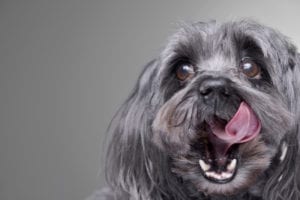
3. Feed Them a Quality, Well-Balanced Diet
Feeding your dog a well-balanced diet is ideal for combatting bad breath. Not only that, but some research has suggested that unapproved snacking, particularly eating fecal matter, is a sign that your dog may not be getting the nutrients he needs from his diet. Upgrading your pup’s diet may be a good move for ensuring they’re getting complete nutrition from their food so they’re less inclined to munch on things they shouldn’t.
Furthermore, some diets are designed specifically for combatting dental disease, and therefore, bad breath. These diets contain certain enzymes that break down plaque and tartar as your pet chews, resulting in cleaner teeth and fresher breath. Most of these diets are prescription-only, so talk to your vet about the options available!
4. Visit the Vet for Treatment in Boston
In the case your dog’s bad breath isn’t caused by dental disease or their diet, it may be a serious underlying condition. If you notice a sweet, fruity smell, a smell like urine, or an especially foul odor, it could be diabetes, kidney disease, or liver disease respectively. These diseases are chronic conditions that require veterinary intervention before more serious damage is done.
Treatment for these conditions usually includes life-long medication that will help mitigate the condition as well as return your dog’s bad breath to normal.
Your dog’s bad breath is treatable and preventable with routine dental care, a healthy diet, and treatment for any underlying conditions! Dental disease is the primary cause of bad breath in dogs, so if you’re not already, start brushing your pet’s teeth every day.
If you still see no improvement, it may be time to talk to your vet about a professional dental cleaning or some diagnostic tests to rule out underlying conditions. Feel free to contact us at Back Bay Veterinary Clinic so we can help you get your dog’s bad breath back to normal!

